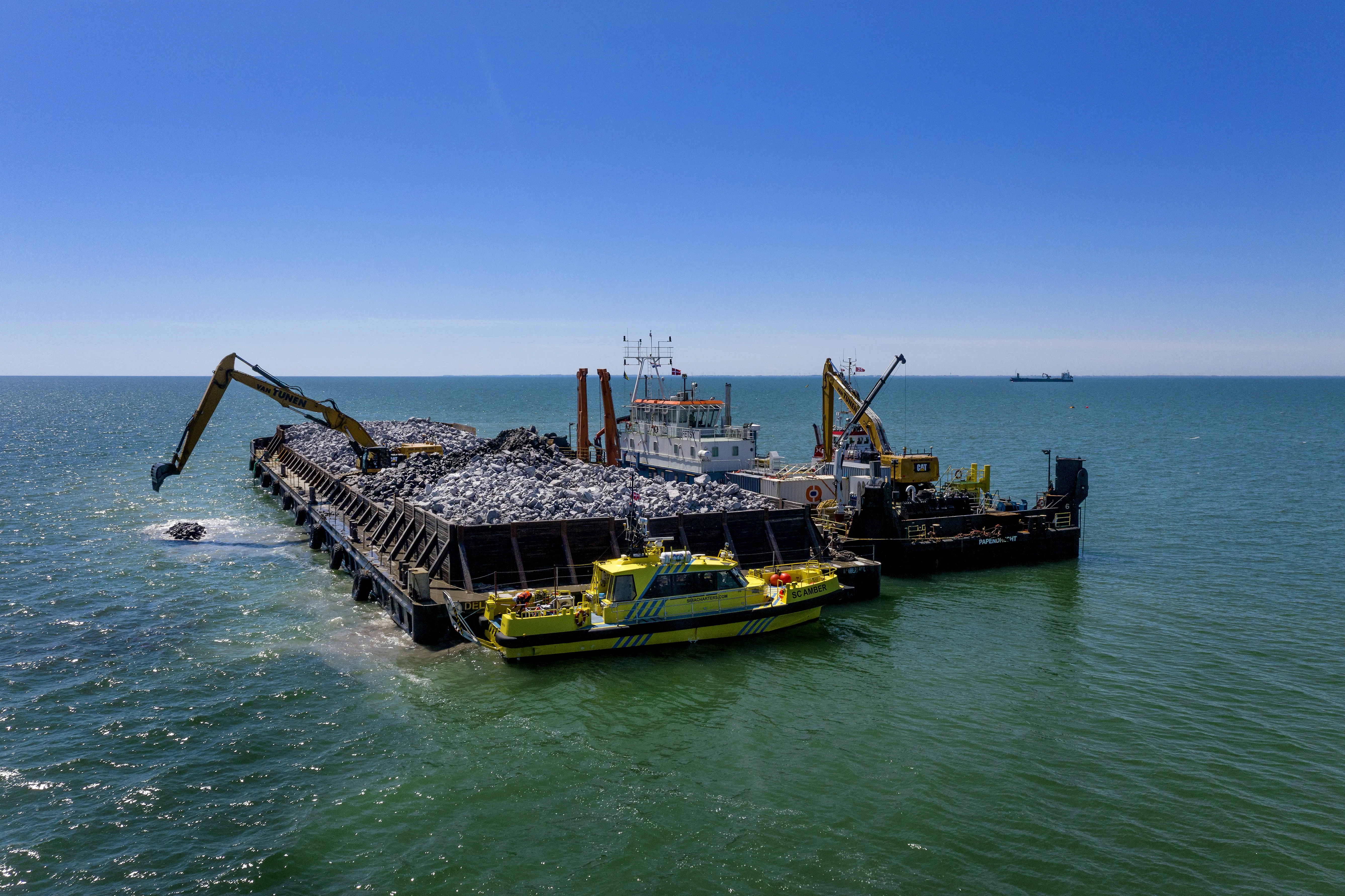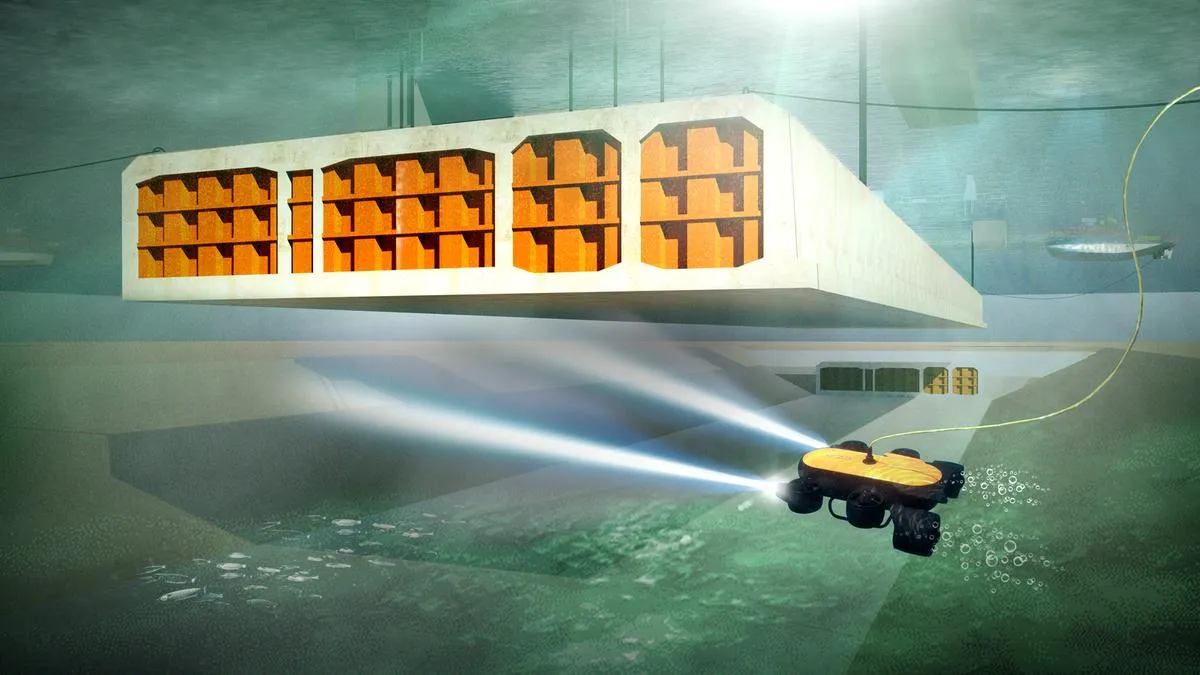
Germany’s federal administrative court has decided that the planned Fehmarnbelt Tunnel between the Danish island of Lolland and the German island of Fehmarn can proceed.
The case to delay construction began at the end of September. Six of the nine complaints were recently dismissed unconditionally while three complaints were settled out of court, according to the German newspaper Suddeutsche Zeitung.
The Danish state-owned company Femern is financing, building and will operate the approximately 18km road and rail tunnel under the Baltic Sea at a cost around €7.5 billion to construct. The tunnel, expected to open in 2029, should reduce the passenger train time from Hamburg in northern Germany to the Danish capital Copenhagen by around two hours, making the journey around two and a half hours.
A Rambøll-Arup-TEC consultancy joint venture is engaged in a client consultancy services contract with Femern. The joint venture has also worked on other landmark infrastructure projects, including the Øresund Tunnel in Denmark, the City Tunnel in Malmö, Sweden, the Medway Tunnel in England, as well as underground rail systems in Amsterdam and Copenhagen.
COWI is carrying out the detailed design of the tunnel (north tunnel section, south tunnel section, and ramps and portals). Meanwhile, SWECO is handling the design for the dredging and reclamation work.






